Filter by
SubjectRequired
LanguageRequired
The language used throughout the course, in both instruction and assessments.
Learning ProductRequired
LevelRequired
DurationRequired
SkillsRequired
SubtitlesRequired
EducatorRequired
Explore the GPU Course Catalog

Google Cloud
Skills you'll gain: Generative AI, Image Analysis, Google Cloud Platform, Machine Learning Methods, Applied Machine Learning
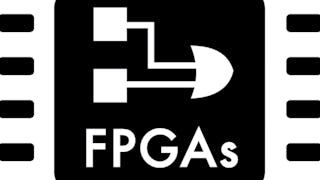 Status: Free Trial
Status: Free TrialUniversity of Colorado Boulder
Skills you'll gain: System Design and Implementation, Verification And Validation, Computer Engineering, Programming Principles, Development Testing, Simulations, Hardware Architecture, Functional Testing, Debugging
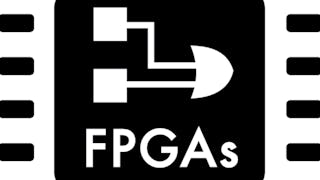 Status: Free Trial
Status: Free TrialUniversity of Colorado Boulder
Skills you'll gain: Field-Programmable Gate Array (FPGA), Hardware Design, Electronic Systems, Embedded Systems, Electronics Engineering, Application Specific Integrated Circuits, Electronics, Schematic Diagrams, Technical Design, Hardware Architecture, Design Software, Verification And Validation, Simulation and Simulation Software, Digital Design
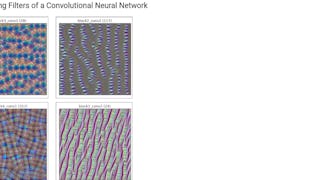 Status: Free
Status: FreeCoursera Project Network
Skills you'll gain: Tensorflow, Applied Machine Learning, Python Programming, Jupyter, Artificial Neural Networks, Deep Learning, Computer Vision, Machine Learning, Scientific Visualization

Google Cloud
Skills you'll gain: Prompt Engineering, Generative AI, Google Cloud Platform, Prototyping, Application Development, Performance Tuning
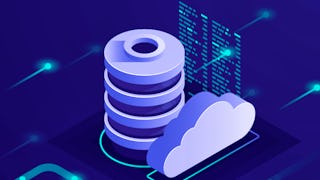 Status: NewStatus: Free Trial
Status: NewStatus: Free TrialSkills you'll gain: Prompt Engineering, Data Visualization, Large Language Modeling, Text Mining, Scatter Plots, Data Visualization Software, Generative AI, Histogram, Performance Tuning, Data Analysis, Natural Language Processing

Google Cloud
Skills you'll gain: Generative AI, Google Cloud Platform, Unsupervised Learning

Politecnico di Milano
Skills you'll gain: Application Specific Integrated Circuits, Systems Design, Computer Architecture, System Design and Implementation, Hardware Architecture, Cloud Infrastructure, Distributed Computing, Computer Hardware, Embedded Systems

Skills you'll gain: Tensorflow, Google Cloud Platform, Scripting, Artificial Neural Networks, Machine Learning, Deep Learning, Cloud Computing, Development Environment
 Status: NewStatus: Free Trial
Status: NewStatus: Free TrialSkills you'll gain: Deep Learning, Image Analysis, Computer Vision, PyTorch (Machine Learning Library), Artificial Neural Networks, Tensorflow, Machine Learning Methods, Machine Learning, Supervised Learning, Data Processing, Network Model, Linear Algebra, Network Architecture

Skills you'll gain: Generative AI, Prompt Engineering, Large Language Modeling, Google Cloud Platform, Prototyping, MLOps (Machine Learning Operations), Product Lifecycle Management, Image Analysis, Performance Tuning, Application Deployment
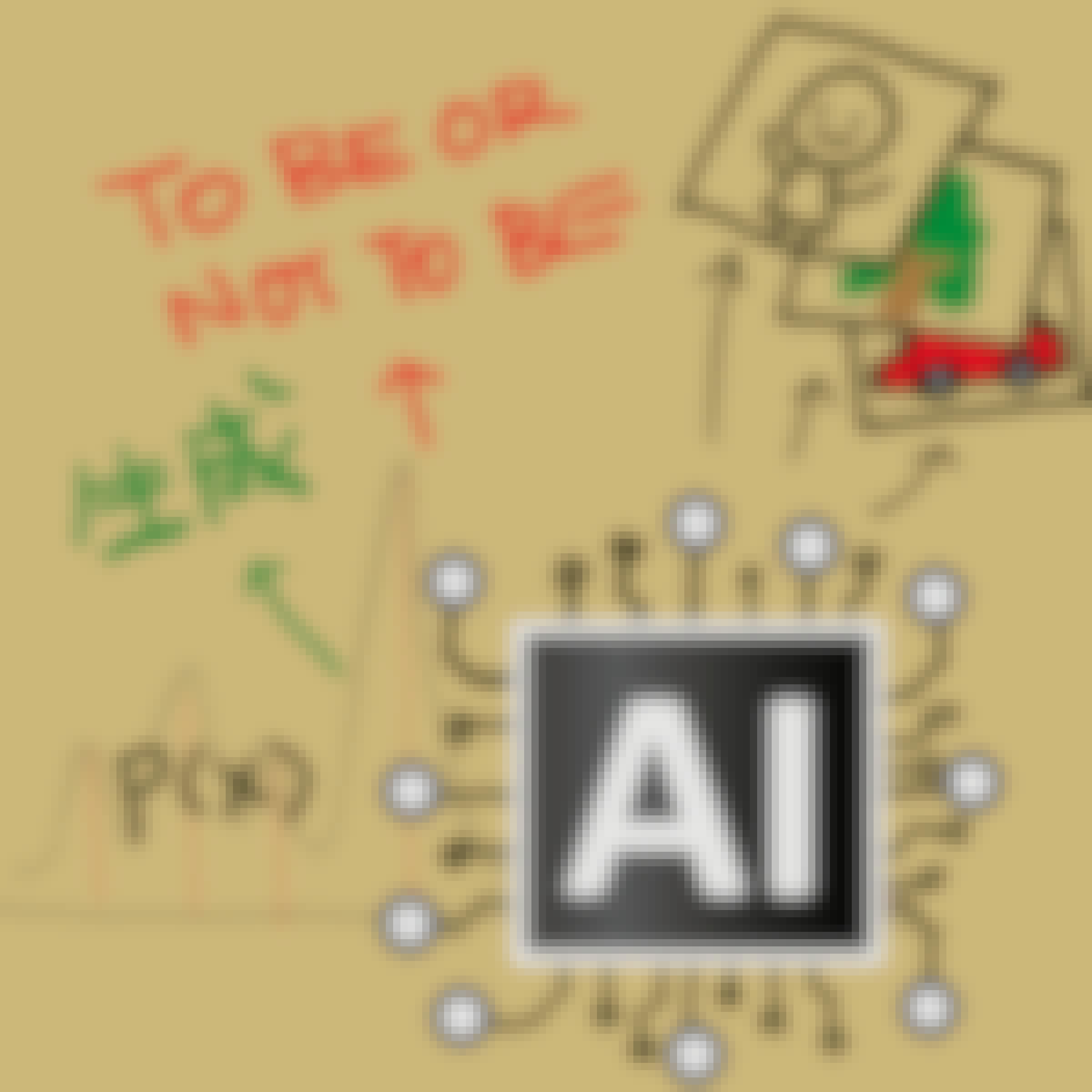
University of Colorado Boulder
Skills you'll gain: Generative AI, Large Language Modeling, ChatGPT, Image Analysis, Artificial Neural Networks, Natural Language Processing, Deep Learning, Artificial Intelligence, Machine Learning Methods, Probability & Statistics
GPU learners also search
In summary, here are 10 of our most popular gpu courses
- Introduction to Image Generation - 한국어: Google Cloud
- Hardware Description Languages for FPGA Design: University of Colorado Boulder
- Introduction to FPGA Design for Embedded Systems: University of Colorado Boulder
- Visualizing Filters of a CNN using TensorFlow: Coursera Project Network
- Introduction to Vertex AI Studio - 한국어: Google Cloud
- NVIDIA: Prompt Engineering and Data Analysis: Whizlabs
- Introduction to Image Generation - 简体中文: Google Cloud
- FPGA computing systems: Background knowledge and introductory materials: Politecnico di Milano
- Learning TensorFlow: the Hello World of Machine Learning: Google Cloud
- NVIDIA: Fundamentals of Deep Learning: Whizlabs










